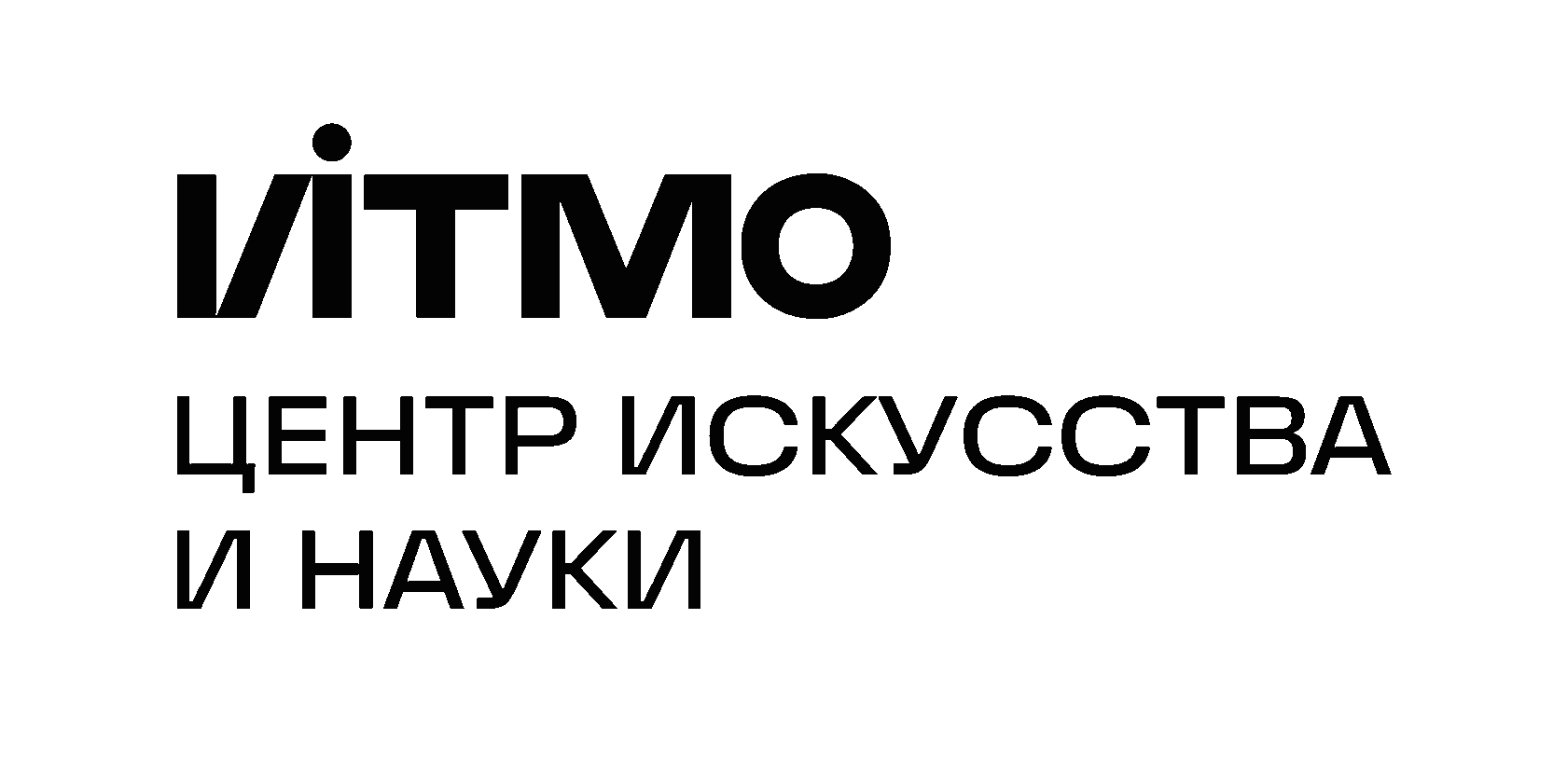EMPATHY MACHINES
Graduate Exhibition of the Art & Science Master's Program at ITMO University
Empathy Machines explores how human emotion, technology, artificial intelligence, and biological processes interact in the realm of new media art. The key questions raised by the exhibition are: What does it mean to show empathy in an era of technological advancement? How do digital systems affect our capacity for empathy? Are machines able to go beyond just imitating our feelings, strengthening them, and even making us more human?
In the 21st century, machines have ceased to be seen as purely mechanical devices. Hong Kong philosopher Yuk Hui proposes a new conceptualization: in his view, modern machines are no longer comparable with simple mechanisms of the past, such as the 19th century steam engine; the technologies we now encounter more closely resemble living organisms. Hui argues that we no longer live in the Age of Mechanical Reproduction described by Walter Benjamin in the mid-20th century, when photography and the printing press simply produced exact copies of real-world originals. Instead, we have now entered an Age of Digital Reproduction. In a process for which Hui uses the term recursivity, each digital work deviates slightly from its source, evolving and developing over time.
This process is reminiscent of how living organisms, such as plants or animals, reproduce, whereby each new generation differs ever so slightly from the previous one, and the organism evolves gradually over time. In the case of digital technologies, these transformations are far more rapid, and can be significantly more drastic, but this capacity for change, development, and adaptation is one of the ways in which technologies have started to resemble living organisms.
The new nature of technology also offers entirely new forms of interaction between human and machine. Where machines were once merely passive tools, they have now become active participants in our emotional experience and in the dialogue about care and attachment. Art also opens up new ways of engaging in empathy by facilitating a living response to all kinds of questions. In the art projects, algorithms and biocybernetic systems are not just there to analyse our emotions, but also to draw the viewer into new forms of empathy.
The sixth graduate exhibition of ITMO University’s Art & Science programme is about how ideas connected with science and new technologies are changing the structure of our society. As a rule, it is not an exercise for students to practice working with a particular theme, but rather an attempt to understand which lines of thought and aesthetic solutions are of interest to the newest generation of artists.
Curator: Olga Vad, Head of the Art & Science Master's Program at ITMO University
Graduate Exhibition of the Art & Science Master's Program at ITMO University
Empathy Machines explores how human emotion, technology, artificial intelligence, and biological processes interact in the realm of new media art. The key questions raised by the exhibition are: What does it mean to show empathy in an era of technological advancement? How do digital systems affect our capacity for empathy? Are machines able to go beyond just imitating our feelings, strengthening them, and even making us more human?
In the 21st century, machines have ceased to be seen as purely mechanical devices. Hong Kong philosopher Yuk Hui proposes a new conceptualization: in his view, modern machines are no longer comparable with simple mechanisms of the past, such as the 19th century steam engine; the technologies we now encounter more closely resemble living organisms. Hui argues that we no longer live in the Age of Mechanical Reproduction described by Walter Benjamin in the mid-20th century, when photography and the printing press simply produced exact copies of real-world originals. Instead, we have now entered an Age of Digital Reproduction. In a process for which Hui uses the term recursivity, each digital work deviates slightly from its source, evolving and developing over time.
This process is reminiscent of how living organisms, such as plants or animals, reproduce, whereby each new generation differs ever so slightly from the previous one, and the organism evolves gradually over time. In the case of digital technologies, these transformations are far more rapid, and can be significantly more drastic, but this capacity for change, development, and adaptation is one of the ways in which technologies have started to resemble living organisms.
The new nature of technology also offers entirely new forms of interaction between human and machine. Where machines were once merely passive tools, they have now become active participants in our emotional experience and in the dialogue about care and attachment. Art also opens up new ways of engaging in empathy by facilitating a living response to all kinds of questions. In the art projects, algorithms and biocybernetic systems are not just there to analyse our emotions, but also to draw the viewer into new forms of empathy.
The sixth graduate exhibition of ITMO University’s Art & Science programme is about how ideas connected with science and new technologies are changing the structure of our society. As a rule, it is not an exercise for students to practice working with a particular theme, but rather an attempt to understand which lines of thought and aesthetic solutions are of interest to the newest generation of artists.
Curator: Olga Vad, Head of the Art & Science Master's Program at ITMO University


